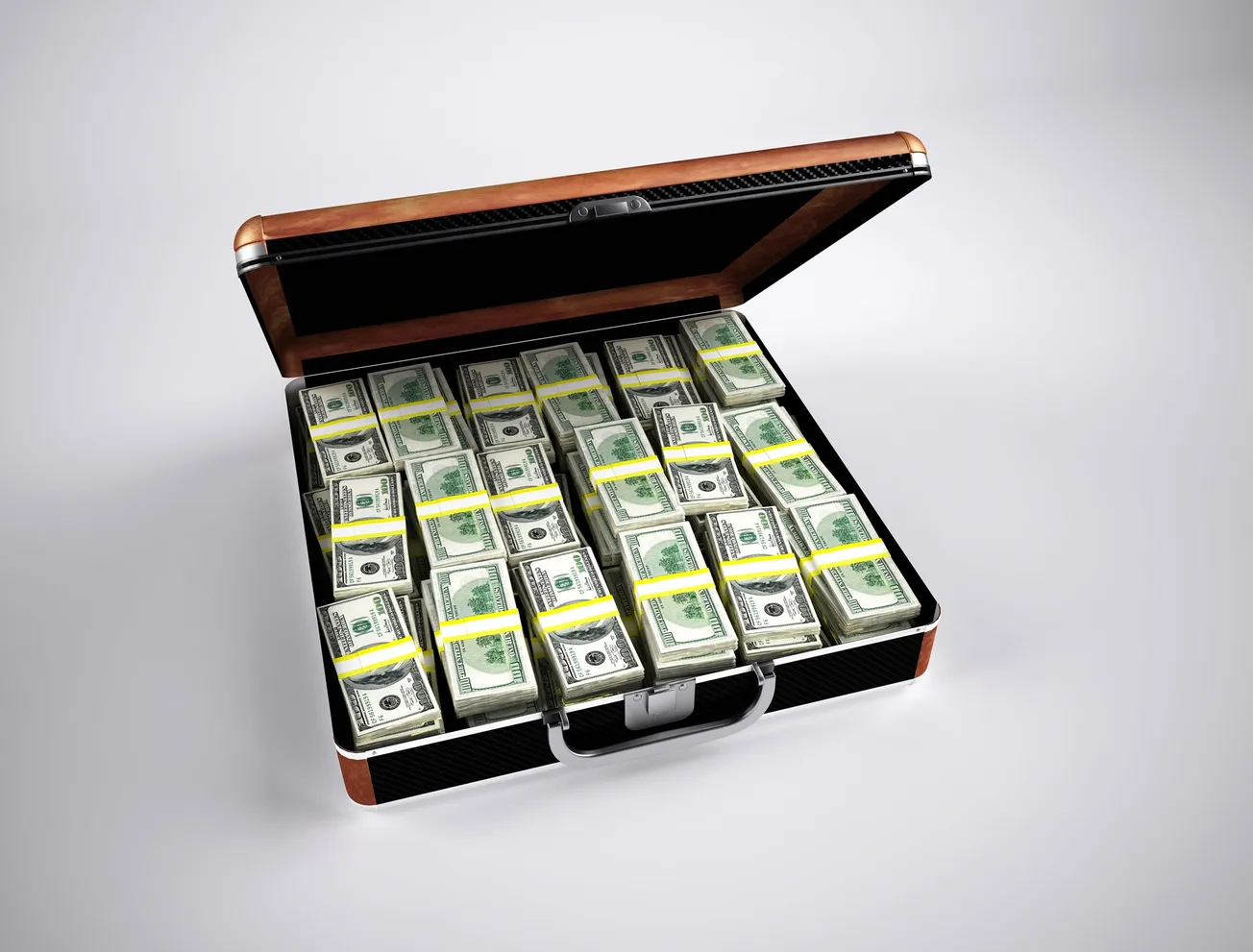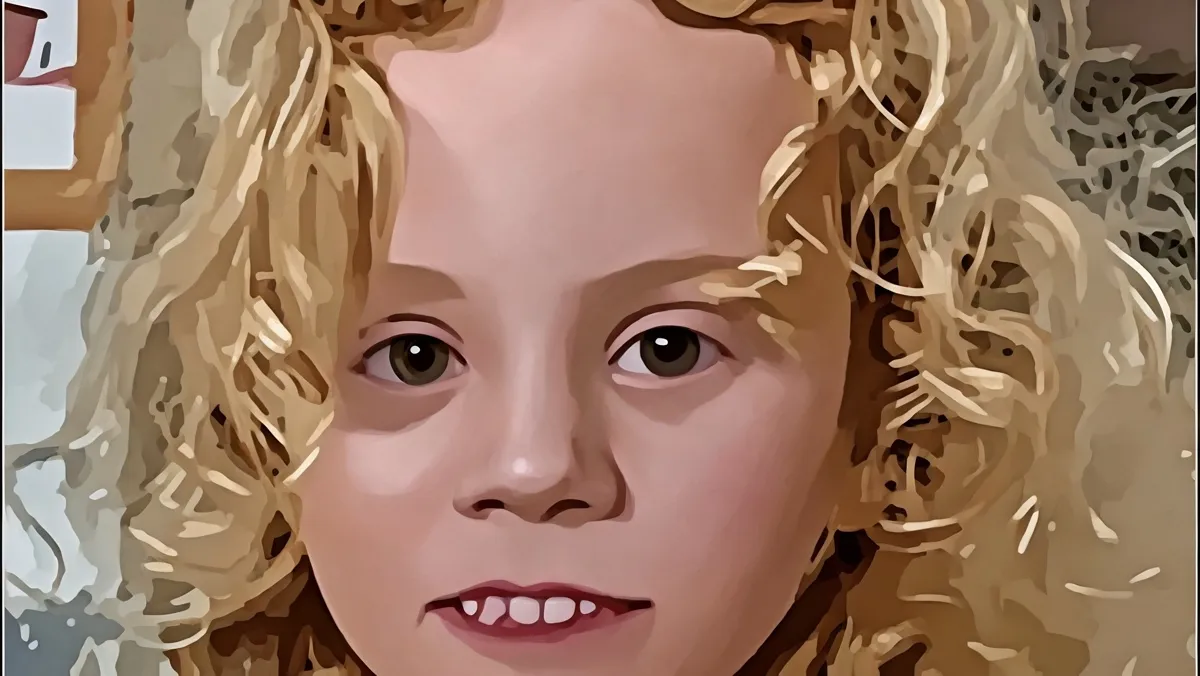Table of Contents
Bryce Edwards
Victoria University of Wellington – Te Herenga Waka
democracyproject.nz
Dr Bryce Edwards is Political Analyst in Residence at Victoria University of Wellington. He is the director of the Democracy Project.
Allegations of political corruption are once again at the heart of a new High Court trial this week. The trial follows straight on from the “not guilty” verdict for those running the New Zealand First Foundation. And this latest trial is once again about whether wealthy businesspeople and political parties have conspired to get around the laws designed to make big donations transparent to the public.
The Serious Fraud Office (SFO) allege, once again, that large donations were given to politicians in ways that breach the Crimes Act. As with the New Zealand First Foundation trial, the prosecution says the public has been “kept in the dark” about the role of big money in politics.
In this trial the donations in question were to the Labour and National parties, and amongst the seven defendants are various businesspeople and three people who at the time represented New Zealand’s two main parties. New Zealand’s biggest political parties are effectively in the dock, via Jami-Lee Ross (who was a National MP at the time, and responsible for fundraising), and two Labour Party people who have name suppression, one of whom is also a parliamentary employee.
Background to the trial
This trial has only come about due to the meltdown in the National Party in 2018, when then National MP Jami-Lee Ross fell out with then leader Simon Bridges. Ross alleged that “Simon Bridges is a corrupt politician”, and released explosive audio recordings of conversations with Bridges about fundraising. He then took the information to the Police, but it was Ross who ended up being charged after the SFO investigated.
The three others charged in relation to these donations are Yikun Zhang, Colin Zheng, and Joe Zheng. Yikun Zhang is a very wealthy property developer who moved to New Zealand from China in about 2000, and the SFO says he is the source of large donations to National. Colin and Joe Zheng are twins alleged to have helped facilitate the donations of about $200,000, which were never public disclosed.
It then transpired that Zhang had also donated to the Labour Party. He was involved in a series of donations to Labour relating to artwork the party had auctioned at fundraising events. The SFO investigated, and again charged Zhang and the Zhengs. Three other individuals have also been charged in relationship to these Labour donations, two of whom are from the Labour Party. All three have name suppression.
Zhang was given a Queen’s Birthday honour in 2018, being made a member of the New Zealand Order of Merit for services to New Zealand-China relations and the Chinese community. Politicians from both National and Labour lobbied to get him the prestigious honour.
Four years later, the charges against the donors and those alleged to have helped facilitate the donations on behalf of National and Labour are being heard in the High Court of Auckland. Because the three people on the donor side are the same – Zhang and the Zhengs – the two trials are being held together.
The SFO alleges that the Labour and National fundraising operations both used similar techniques to allow the large donations to remain undisclosed to the public. The Electoral Act states that political parties must declare donations over the threshold of $15,000 from any one individual per year. According to the SFO, in both of these cases very large donations over this threshold were split into smaller donations and funnelled to the parties from a number of individuals recruited to be what they call “sham donors”. The “real donor” according to the SFO is actually Zhang.
What we have learnt so far: Labour’s donations
The prosecution case regarding the Labour-related donations is being heard first. The SFO allege that “sham auctions” to sell art and other valuable items were used to disguise donations to the Labour Party.
The prosecution argues that in March 2017 Zhang attended one of the fundraising events and agreed to purchase five paintings for a total of $60,000. But payment was subsequently split into five transfers to the Labour Party from five different individuals. The SFO say the artworks were subsequently all found to be hanging in Zhang’s house.
According to the case against Zhang, one of the defendants with name suppression was one of the people used to funnel the money into the Labour Party as a “sham donor” and he also recruited four others to be “sham donors”. This person later “played an active role in the cover-up” according to the prosecution.
Two other people from within the Labour Party – a man and a woman – both with name suppression, also allegedly helped facilitate the payments, and the woman allegedly aided the cover-up.
The court heard yesterday about how a Labour Party activist was asked by two of the defendants to open a bank account into which the art donations could be funnelled.
Later in the year, in September, Zhang attended another Labour fundraiser, and brought two further artworks and an imperial robe for $100,000. This had been donated to the Labour Party, but the $100,000 is allegedly much lower than its real value of $300,000, meaning Zhang’s payment to Labour cannot be classified as a donation, since he gave the party less than it was worth. Hence this transaction isn’t being prosecuted.
In terms of the non-disclosure of the payments for the artwork, Zhang blames the Labour Party, saying it was their mistake and it was their responsibility to declare it, not his. The prosecution allege that both sides had some responsibility, and that on the Labour side a “cover-up” occurred when the party launched their own investigation in the wake of the Jami-Lee Ross allegations about National donations.
What we have learnt so far: National’s donations
Two months after Zhang first gave donations to Labour, he met with then National MP Jami-Lee Ross in May 2017. Ross was National’s designated “bagman” for collecting donations, and for liaising with the Chinese New Zealand community.
At a dinner with Ross, the prosecution alleges that Zhang agreed to make a donation, but to do this in a way that wouldn’t be disclosed to the public. Ross also arranged for Zhang to meet with then leader Simon Bridges.
Subsequently, about $200,000 was given to National, allegedly all from Zhang, but split into smaller donations from different individuals. The first part of this was a $100,000 in the form of eight different smaller payments of about $14,000 each in June 2017.
Subsequently in June 2018, according to the prosecution, Zhang gave another $100,050 to National, relating to profits from the export of 480 boxes of wine to China. This was also transferred to National in the form of seven separate donations. The SFO has traced the money being shifted to the “sham donor” bank accounts from Zhang’s sister ($50,000) and father ($98,000) using an online site called I.E.
This money was eventually deposited into the National Party’s bank account in the Botany electorate, for which Ross was the electorate MP. Ross then provided the names of the alleged “sham donors” to the National Party General Secretary for their records. The prosecution allege that Ross did this despite knowing that the “real donor” was Zhang.
It’s not yet clear how strong the prosecution’s evidence is for this. They have put forward evidence of a message from Colin Zheng to Ross agreeing that “they will all follow the law” followed with a smiling face emoji. There are also communications from Colin Zheng to the “sham donors” explaining why they were being used to facilitate the payments, because Zhang couldn’t make one large donation because “registration would be required”.
However, Zhang’s lawyers dispute this, maintaining that neither of the two $100,000 gifts were “donated by him or on his behalf”.
The prosecution also say that they have audio recordings that Ross made of conversations with Bridges, in which Ross states the donations made to National have not been made legally. Talking about a $100,000 donation from Zhang, Ross tells Bridges: “That donation has not been declared properly… those donations have not been handled in a way that’s in accordance with the Electoral Act.” In another covert recording, Ross tells his leader: “I was asked to be involved in significant donations and Chinese interests that haven’t been declared properly.”
The prosecution says the audio recordings indicate Ross had “knowing involvement in the deception”. But Ross’ lawyers deny that he helped them, and point to the fact that Zhang had already used donation-splitting techniques in his dealings with Labour earlier in that year, so it clearly wasn’t Ross that introduced the idea to them. Furthermore, Ross has claimed that it was Simon Bridges who asked him to handle these donations.
Political impact of the trial
The trial has the potential to have a much bigger political impact than the NZ First Foundation trial. It involves New Zealand’s two biggest political parties, both of whom are still in Parliament, unlike New Zealand First. Along the way, there are going to be significant revelations about the relationship between money and politics in New Zealand.
The trial is also large in scale. It is expected to go for ten weeks, and involves 20 lawyers, including six QCs.
The prosecution is calling 54 witnesses, including some of New Zealand’s best known political figures. These include cabinet ministers Andrew Little and Michael Wood, the Prime Minister’s chief press secretary Andrew Campbell, the former National leader Simon Bridges, National’s general manager Greg Hamilton, former Labour Party president Nigel Haworth, New Zealand’s ambassador to Jakarta Trevor Matheson, and corporate lobbyists and former Labour Party officials Andrew Kirton and Hayden Munro.
Prime Minister Jacinda Ardern will inevitably be a part of the court discussions, as many of those involved in the case are close to her. What’s more she attended at least one of the fundraising auctions where Zhang purchased art. Inevitably the question will arise as to why so many politicians are allowed to have an active role in soliciting and collecting donations to their party organisations.
There also might even be international links, with some suggestion already made that a defendant will be accused of being an “operative” of a foreign government attempting to influence the Labour and National parties. One of the defence lawyers has commented on this, warning such evidence would be “inflammatory” and cause “irretrievable damage”.
Notably, before the trial began, Yikun Zhang put out a media statement to say he was not a member of the Chinese Communist Party and had renounced his Chinese citizenship.
A critical focus on how governments award royal honours is also likely. It’s long been suspected that parties in government hand out the gongs to their supporters, including financial ones. In this case, there will be evidence provided that Jami-Lee Ross encouraged other National MPs to lobby for Zhang to receive his honour. It is already known that then Labour and National party presidents Nigel Haworth and Peter Goodfellow lobbied for this, as well as Labour’s Auckland mayor Phil Goff.
The prosecution allege the behind the scenes machinations of this honours decision drove the donation cover-up. They suggest that the motivation behind keeping Zhang’s large donations to both parties secret was that the public shouldn’t be able to connect the two things, lest they came to the conclusion that a “Cash for honours” takes place here.
Inevitably the trial will also kickstart further debate about fundraising and electoral rules. There is just so much in this trial that is likely to show not just that the current laws are entirely inadequate, but also that the Government’s current reform efforts on political finance have been designed in a way that is not up to the necessary job of cleaning up New Zealand politics.
This article can be republished under a Creative Commons CC BY-ND 4.0 license. Attributions should include a link to the Democracy Project.








